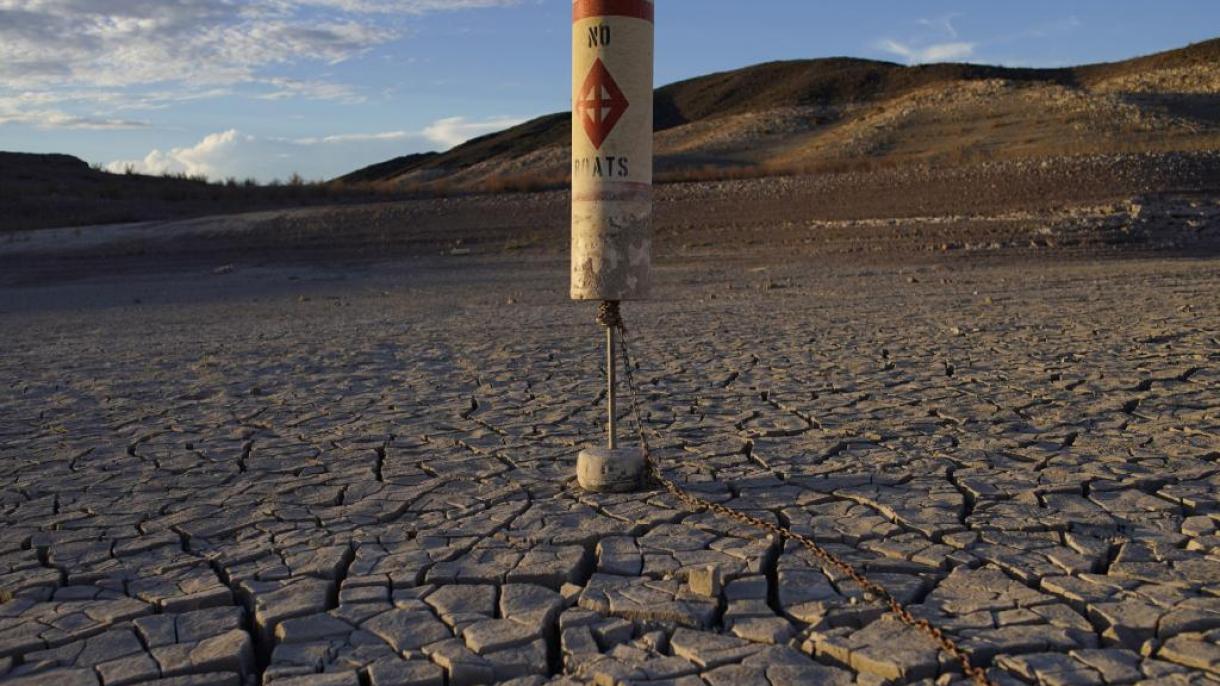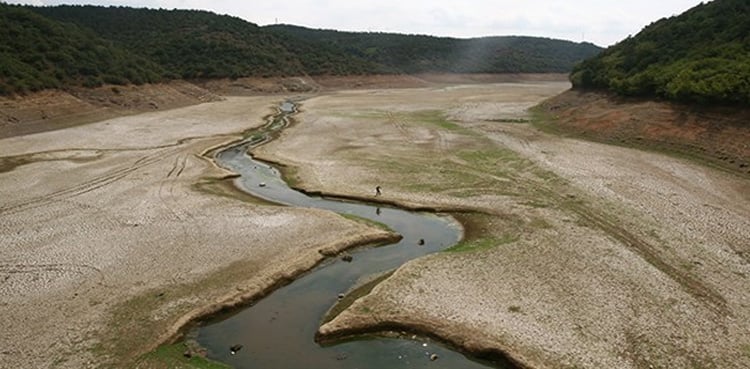The World Bank in its recent report said that natural water storage volume has decreased by 27 trillion cubic meters in the last 50 years, 180 million people will be affected by floods in the next few years.
According to the report, 1.43 billion people have been adversely affected by droughts and at least 1.65 billion people have been adversely affected by floods over the past 20 years, with an estimated 180 million more people directly affected by floods by 2030. .
A foreign news agency According to the report The World Bank in its report has emphasized water storage solutions to meet a variety of human, economic and environmental needs.
The report strongly appeals to both the public and private sectors to take effective measures to prevent water wastage.

The report highlights that as extreme weather events increase, water storage has become an increasingly important resource for adapting to climate change and other water-related challenges.
According to the report, 1.43 billion people have been adversely affected by drought and at least 1.65 billion have been adversely affected by floods in the past 20 years. An estimated 180 million more people will be directly affected by floods by 2030.
Along with extreme weather events, the predicted decrease in rainfall is making reliable water supply difficult for cities, reducing agricultural production and discouraging investors. .
Although the world’s population needs more storage, declining freshwater reserves are creating a global crisis.
In the past 50 years, while the world’s population has doubled, natural water storage volumes have decreased by about 27 trillion cubic meters due to the destruction of wetlands and floodplains and glacier melt.
Comments
(function(d, s, id) {
var js, fjs = d.getElementsByTagName(s)[0];
if (d.getElementById(id)) return;
js = d.createElement(s);
js.id = id;
js.src = “//connect.facebook.net/en_US/sdk.js#xfbml=1&version=v2.5”;
fjs.parentNode.insertBefore(js, fjs);
}(document, ‘script’, ‘facebook-jssdk’));
(function(d, s, id) {
var js, fjs = d.getElementsByTagName(s)[0];
if (d.getElementById(id)) return;
js = d.createElement(s); js.id = id;
js.src = “//connect.facebook.net/en_US/sdk.js#xfbml=1&appId=1763457670639747&version=v2.3”;
fjs.parentNode.insertBefore(js, fjs);
}(document, ‘script’, ‘facebook-jssdk’));


